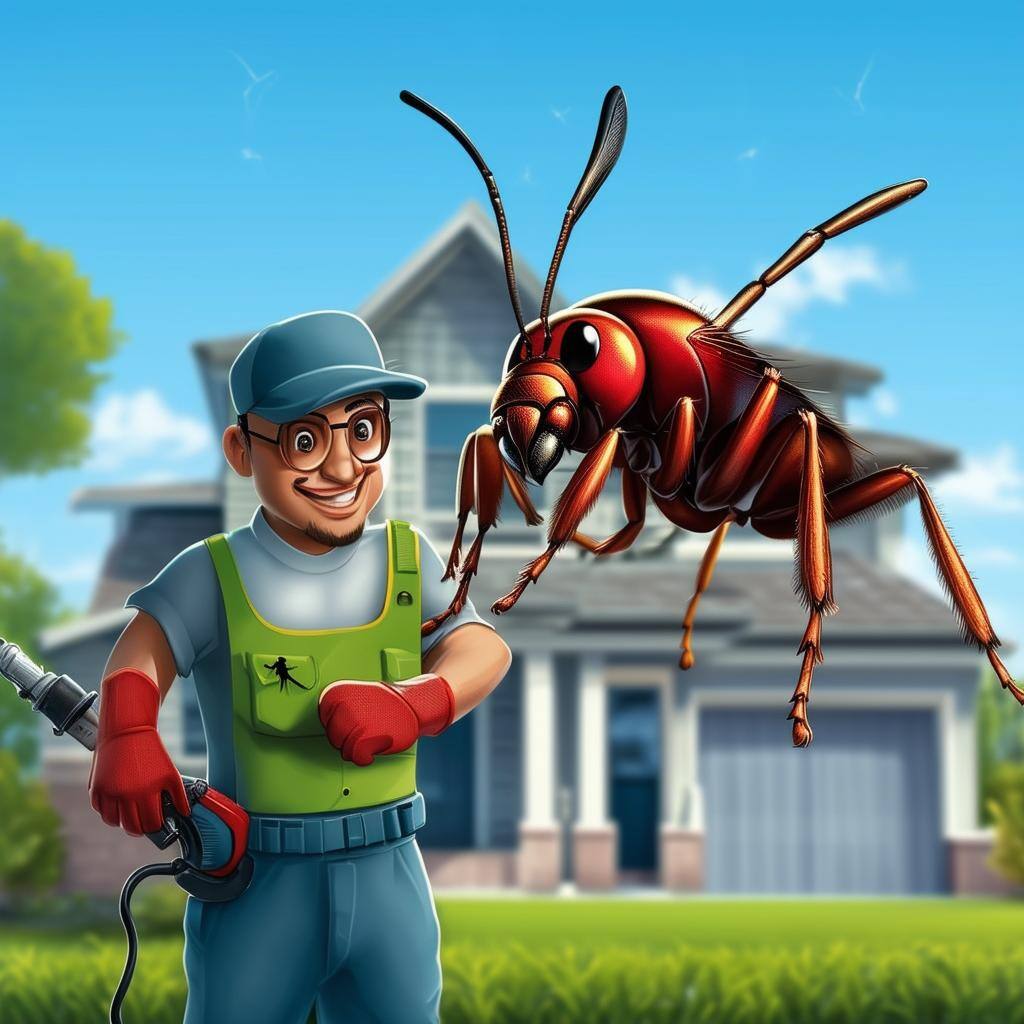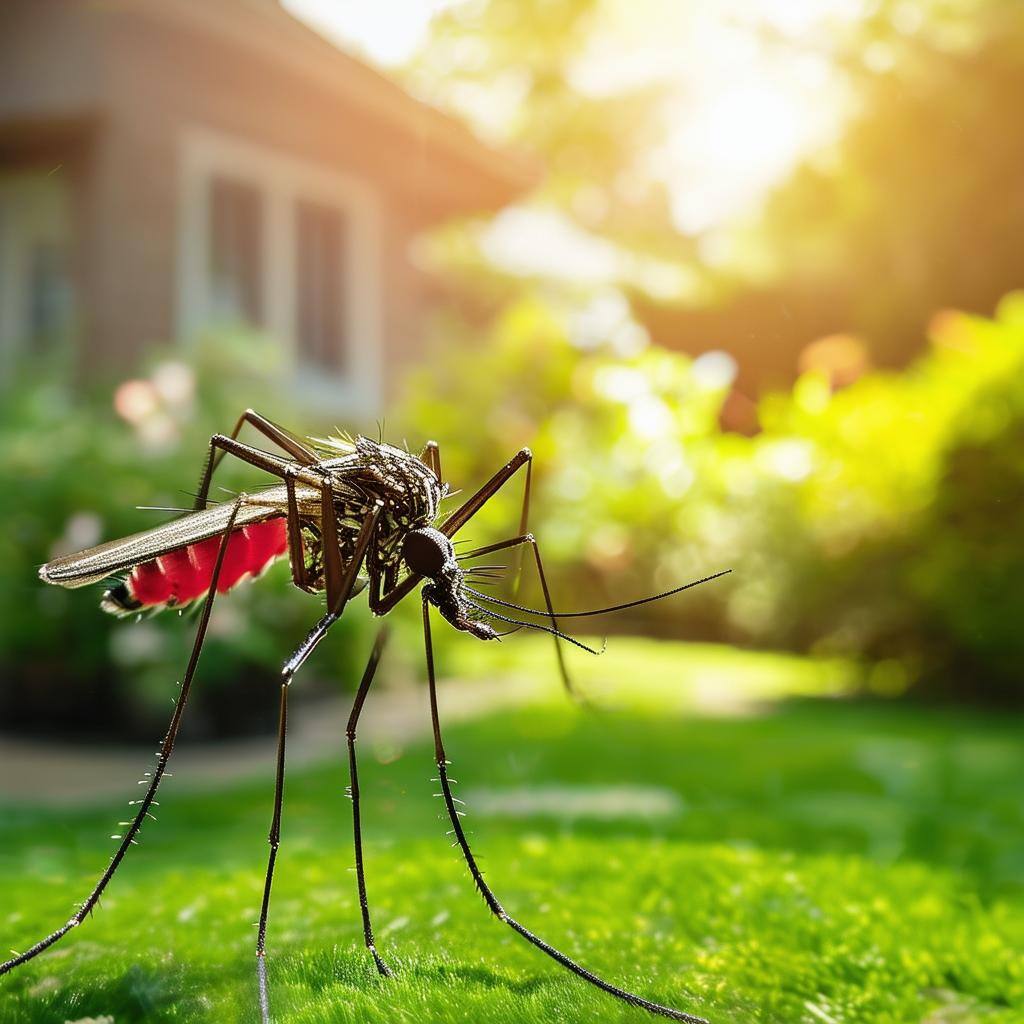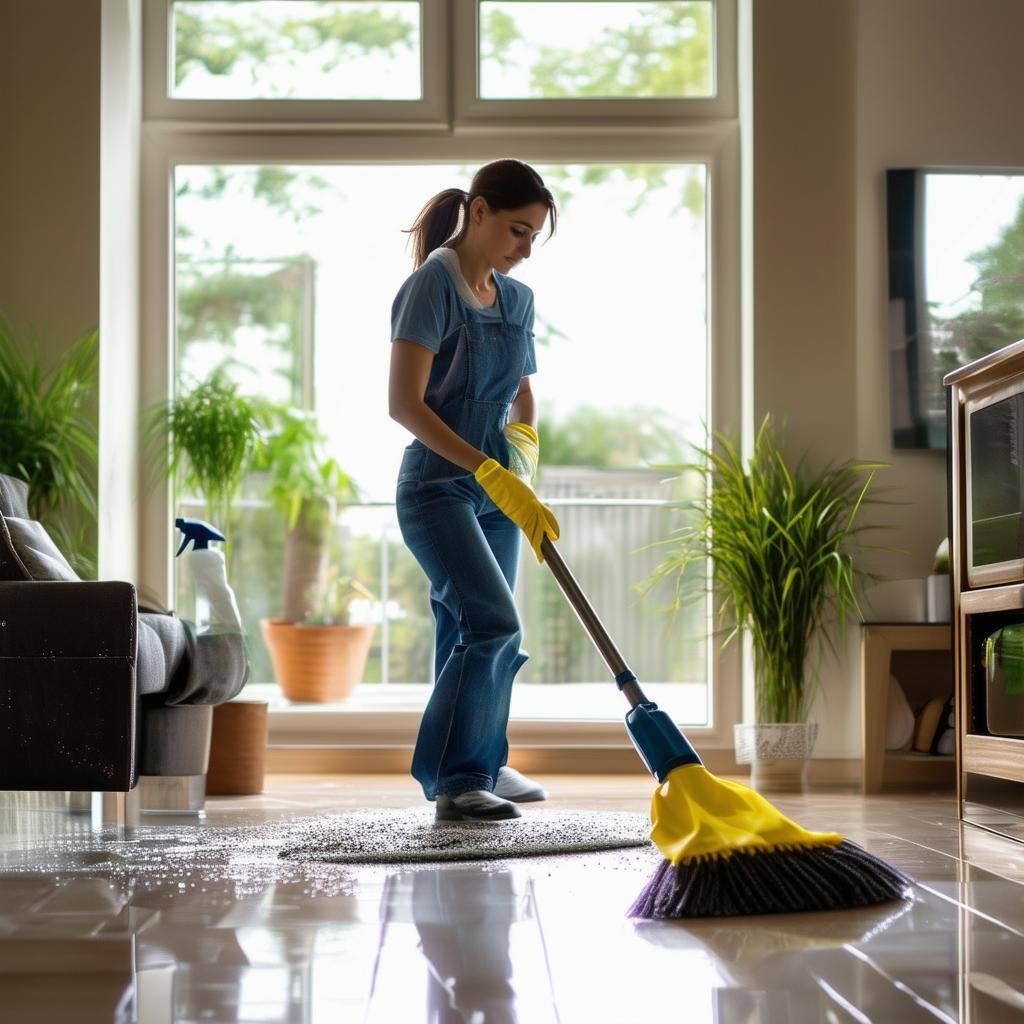Understanding HVAC Systems: A Comprehensive Guide
Heating, Ventilation, and Air Conditioning (HVAC) systems are the heartbeat of your home, providing comfort and safety by regulating temperature, humidity, and air quality. This article will explore the various aspects of HVAC systems, including their components, types, benefits, and maintenance tips.
What is an HVAC System?
HVAC stands for Heating, Ventilation, and Air Conditioning. An HVAC system is designed to create a comfortable indoor environment by controlling the following:
- Heating: Provides warmth during cold weather.
- Ventilation: Ensures fresh air circulation and removes indoor pollutants.
- Air Conditioning: Cools and dehumidifies the air in hot weather.
Learn More Below for Key Components, Types, Benefits & Maintenance Tips!
Key Components of HVAC Systems
-
Heating Equipment:
- Furnaces: Burn fuel (natural gas, oil, or propane) to produce heat.
- Boilers: Use water to create steam or hot water for heating.
- Heat Pumps: Transfer heat from outside to inside (and vice versa) and can function for both heating and cooling.
-
Cooling Equipment:
- Air Conditioners: Use refrigerants to remove heat and humidity from indoor air.
- Chillers: Commonly used in larger buildings, chillers produce cold water that circulates through the system.
-
Ventilation Systems:
- Ductwork: Distributes heated or cooled air throughout the building.
- Exhaust Fans: Remove stale air and contaminants from indoor spaces.
-
Thermostats: Control the temperature by regulating the HVAC system based on user settings.
-
Air Filters: Clean the air by trapping dust, allergens, and pollutants, ensuring better air quality.
Types of HVAC Systems
There are several types of HVAC systems, each suited for different building sizes and designs:
-
Split Systems: Comprising an indoor and outdoor unit, these systems are commonly used in residential buildings. The indoor unit handles air conditioning, while the outdoor unit provides heat.
-
Packaged Systems: All components are housed in a single outdoor unit, making it ideal for buildings with limited indoor space.
-
Ductless Mini-Split Systems: These systems provide flexibility by allowing multiple indoor units to connect to a single outdoor unit, ideal for retrofitting older homes.
-
Centralized Systems: Often found in large buildings, centralized HVAC systems use a network of ducts to distribute air to various zones.
Benefits of HVAC Systems
- Comfort: Regulate indoor temperatures for year-round comfort.
- Air Quality: Improve indoor air quality by filtering out pollutants and controlling humidity levels.
- Energy Efficiency: Modern systems are designed to operate more efficiently, reducing energy consumption and costs.
- Safety: Heating systems reduce the risk of extreme cold exposure, while ventilation systems minimize the buildup of harmful gases.
Maintenance Tips for HVAC Systems
To ensure optimal performance and longevity of your HVAC system, regular maintenance is essential:
-
Change Filters: Replace or clean air filters every 1-3 months to maintain airflow and air quality.
- Clean AC Coils: By keeping your AC coils clean, you’ll help improve your system’s efficiency, reduce energy costs, and extend its lifespan
-
Schedule Professional Inspections: Have a qualified technician inspect your system twice a year to identify any issues.
-
Clean Ducts: Regularly clean ductwork to prevent dust and allergens from circulating in your home.
-
Check Thermostat Settings: Ensure your thermostat is calibrated and functioning properly.
-
Inspect Refrigerant Levels: For air conditioning systems, check that refrigerant levels are adequate to maintain efficiency.
Summary
HVAC systems play a vital role in maintaining a comfortable and healthy indoor environment. Understanding the components and types of HVAC systems can help you make informed decisions about installation, maintenance, and upgrades. Regular maintenance not only extends the life of your system but also enhances energy efficiency and indoor air quality. By investing in a reliable HVAC system and caring for it properly, you can ensure comfort and safety in your living or working space for years to come
Why don't homes come with a user manual?
We don't know, either. But we're here to help.
See how, below...from tackling the maintenance tasks you can’t stand or always forget, to getting proactive with your maintenance, to sending out contractor referrals we actually know & trust!
You May Also Like
These Related Stories

Pest Control Guide

Mosquito Treatment Guide
